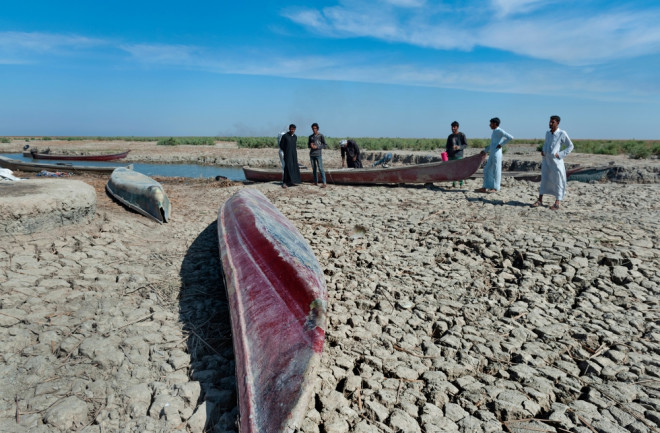Key Takeaways on the Drying Euphrates River
The Euphrates River is located in the heart of the Middle East, and is one of the longest rivers in Western Asia.
The Euphrates River is drying up because of global climate change and human impact, with decreased rainfall into the river basin. Warmer temperatures have also led to increased evaporation especially as water levels continue to drop.
Today, the river levels are dangerously low and the concern is that the river will dry up completely by 2040.
The Euphrates River has been one of the most important rivers throughout human history. Along with the Tigris River, it makes up the cradle of civilization, known as the Fertile Crescent. The river was critical to the development of some of the world’s first agricultural societies like the Sumerians and the Mesopotamians. In the Bible, the Euphrates was even mentioned as one of the four rivers that served the Garden of Eden.

